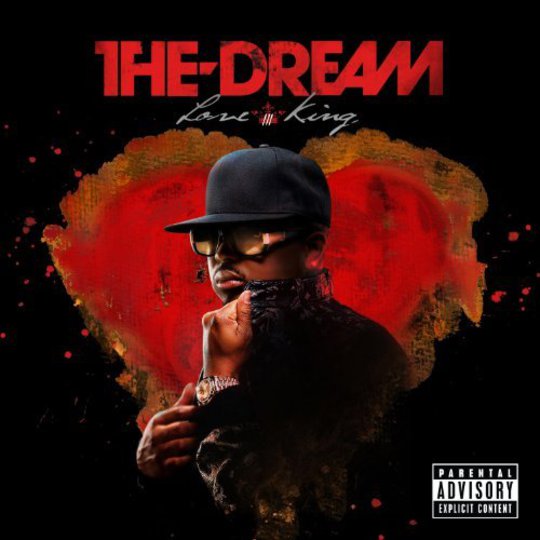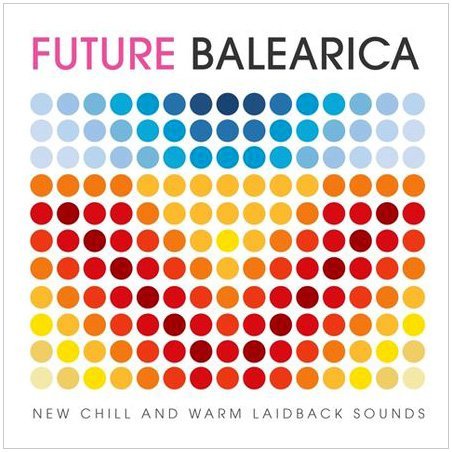What makes a great pop song? It’s a surprisingly difficult question to answer. There’s a loose consensus about what constitutes a film or a novel worthy of a place in the canon, but a pop song? It can’t be about popularity alone certainly, otherwise it’d be open season, but you can’t discount it. What elements need to be there – do you have to have verse, chorus and a bridge or can you dispense with one of those? And what’s more important – lyrics, melody, or both? In truth you probably need a sprinkling of all the above, although I’m inclined to agree with Stephen Merritt when he said “A melody is like a pretty girl / Who cares if it's the dumbest in the world / It's all about the way that it unfurls”. If the melody ain’t up to scratch then it’s a non-starter.
Terius Nash (a.k.a. The-Dream) has written some of the most recognisable melodies in recent pop history. While his lyrics rarely diverge from his obsession with sex and girls and having sex with girls, I get the feeling that his real love affair is with melody. The-Dream’s music is a kind of melody crack, the harmonies so lush and the vocals so candy sweet that, once you’re hooked, you have to come back for just one last listen. In my mind there’s a strange union between Nash and Robert Pollard, both prolific, gifted songwriters whose almost conveyer-belt stream of melodious music seems to stem from an unlimited pop reservoir. It’s impressive enough that Nash wrote 'Single Ladies' and 'Umbrella' (with his song-writing partner Christopher ‘Tricky’ Stewart), astounding that he’s written decent tracks and whole albums for Mariah Carey and Ciara, but barely conceivable that he has enough material left over for two, and now three, top level pop records of his own.
Still, there is more to Nash’s craft than just smearing on lush melodies. If Kanye West manages to create records that grapple with their own artifice whilst at the same time portraying a character obviously fundamentally lacking any self-awareness, Nash’s music is more subtle; in his records you hear little nods to their forbearers, for instance, the Prince-aping ‘Purple Kisses’ or his track about getting down to R. Kelly’s 12 Play, itself clearly a formative influence on Nash’s own music. Love King’s predecessor, Love vs. Money, meanwhile, starts off as a straightforward pop record before morphing into something different, an oddly intimate portrayal of a man consumed by consumerism, obsessed with wealth at the expense of his relationships.
If Love vs. Money stands as one of the great under-rated records of the last decade, Love King reaches for greater commercial success whilst at the same time trying to maintain Nash’s own high standards, and on the whole it succeeds. Yet, if what made Love vs. Money so absorbing was its naked fascination with wealth, Love King sticks more formulaically to its role as part of a ‘love trilogy’. Nevertheless, in ‘F.I.LA’ - with its strangely melancholic refrain of “she said, ‘can you make me fall in love again’” - and ‘Yamaha’, Love King has two of Nash’s best pop tracks. Both have that song structure so characteristic of The-Dream – choruses so long that they render the verse almost cursory, layered with harmonies that seem to build forever. If the central hook is what the listener craves, Nash understands that the power of the song lies in denying us that pleasure for as long as possible.
Still, there is a lot of drivel here, not least the infantile ‘Florida University’, which is, inexplicably, the final track. I’d recommend that you get your hands on the deluxe version with its bonus tracks and pretend that the alarmingly honest ‘Sorry’ and the wonderfully slow-driven ‘All Black Everything’ are on the album instead. My hope is that Love King, for all its failings, proves a success, and that more people explore Nash’s back catalogue as a result. He is that rarest of beasts – a pop star able to bridge the commercial and critical divide. Moreover, regardless of whether Love King proves the smash he clearly hopes it will be, Nash will, undoubtedly, continue to churn out melody after melody. And, like the filthy addict I am, I’ll be waiting in the back alley, ready for my next hit.
-
7Sam Lewis's Score






















